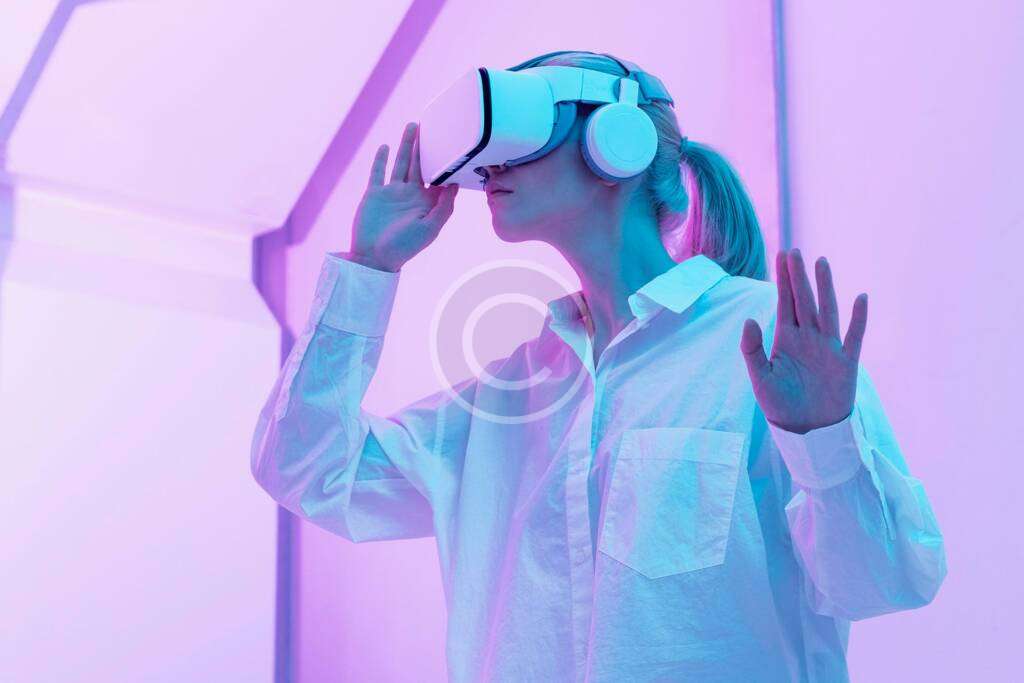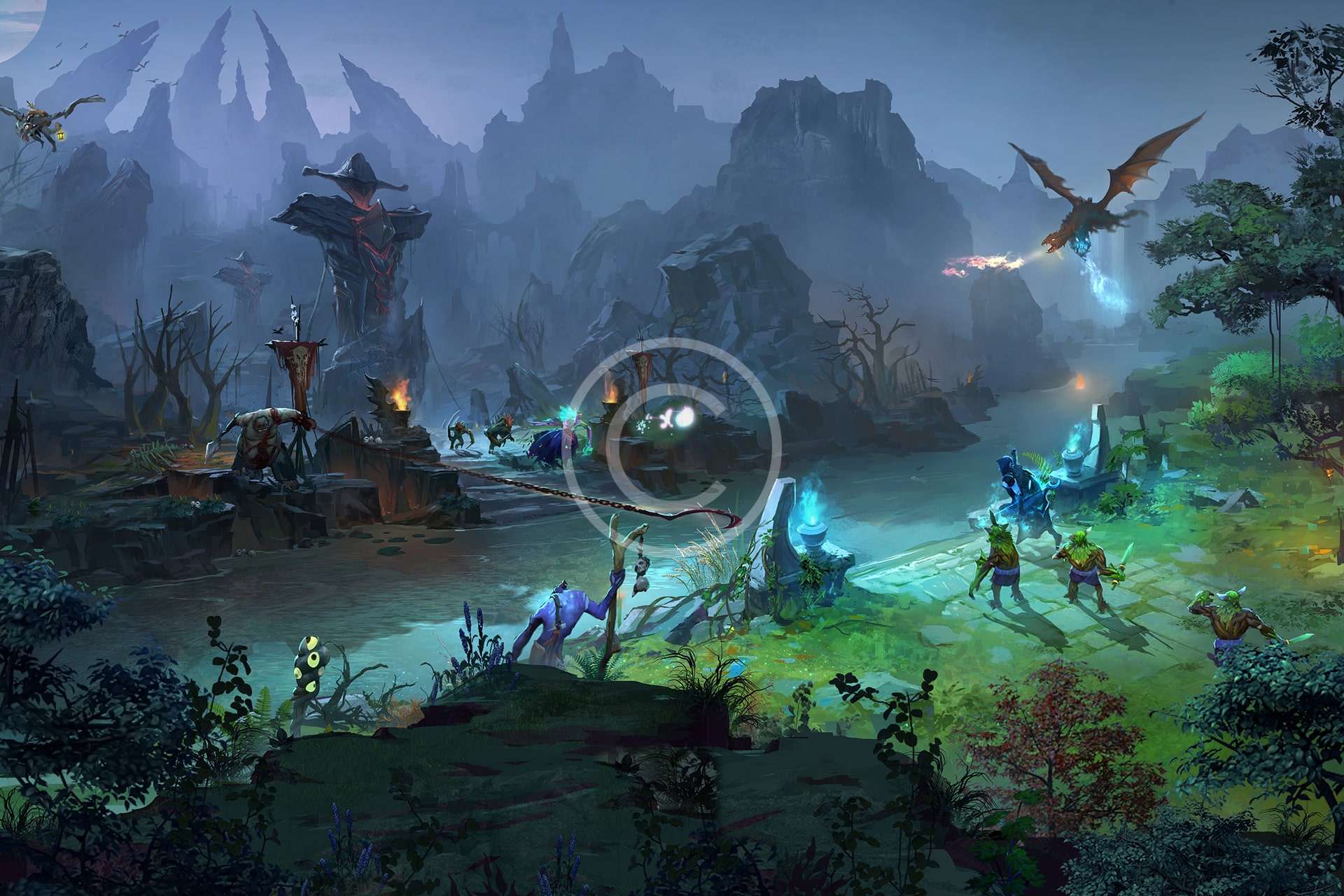The concept of the metaverse, a virtual reality space where users can interact with a computer-generated environment and other users, has been gaining significant attention. Recent developments suggest that the metaverse might be closer to becoming a reality than many had imagined.
1. Technological Advancements:
Advancements in virtual reality (VR) and augmented reality (AR) technologies have paved the way for a more immersive digital experience. High-quality VR headsets, realistic graphics, and improved haptic feedback systems contribute to creating an environment that feels increasingly lifelike.


2. Corporate Investments:
Major tech companies have been investing heavily in metaverse development. Companies like Facebook (now Meta), Google, and Microsoft are allocating substantial resources to explore and create metaverse experiences. This influx of capital indicates a commitment to pushing the boundaries of virtual reality.
3. Growing Virtual Economies:
Within existing virtual environments, we are witnessing the emergence of virtual economies. Digital currencies, NFTs (non-fungible tokens), and blockchain technology are integral components that could shape the economic landscape of the metaverse. People are already buying virtual assets, and virtual real estate is becoming a sought-after commodity.
4. Social Interaction in Virtual Spaces:
The pandemic has accelerated the shift towards virtual communication, making people more comfortable with online interactions. This societal shift has laid the groundwork for the metaverse, where socializing, working, and entertainment can seamlessly blend in a digital space.
5. Gaming as a Gateway:
The gaming industry has long been a pioneer in immersive digital experiences. The metaverse concept draws heavily from the gaming world, and many believe that online multiplayer games are a stepping stone toward a more comprehensive metaverse experience.

6. Challenges and Considerations:
While the metaverse promises exciting possibilities, it also raises concerns. Issues like privacy, security, and the potential for monopolistic control over the digital landscape need careful consideration. Striking a balance between innovation and ethical practices will be crucial for the metaverse’s success.
In conclusion, the metaverse universe appears to be edging closer to reality, driven by technological breakthroughs, corporate interests, and changing societal norms. As we navigate this evolving digital frontier, it’s essential to remain vigilant, addressing challenges and fostering an inclusive and ethical metaverse for the future. The convergence of technology and human interaction is on the horizon, bringing with it a new era of interconnected virtual experiences.




